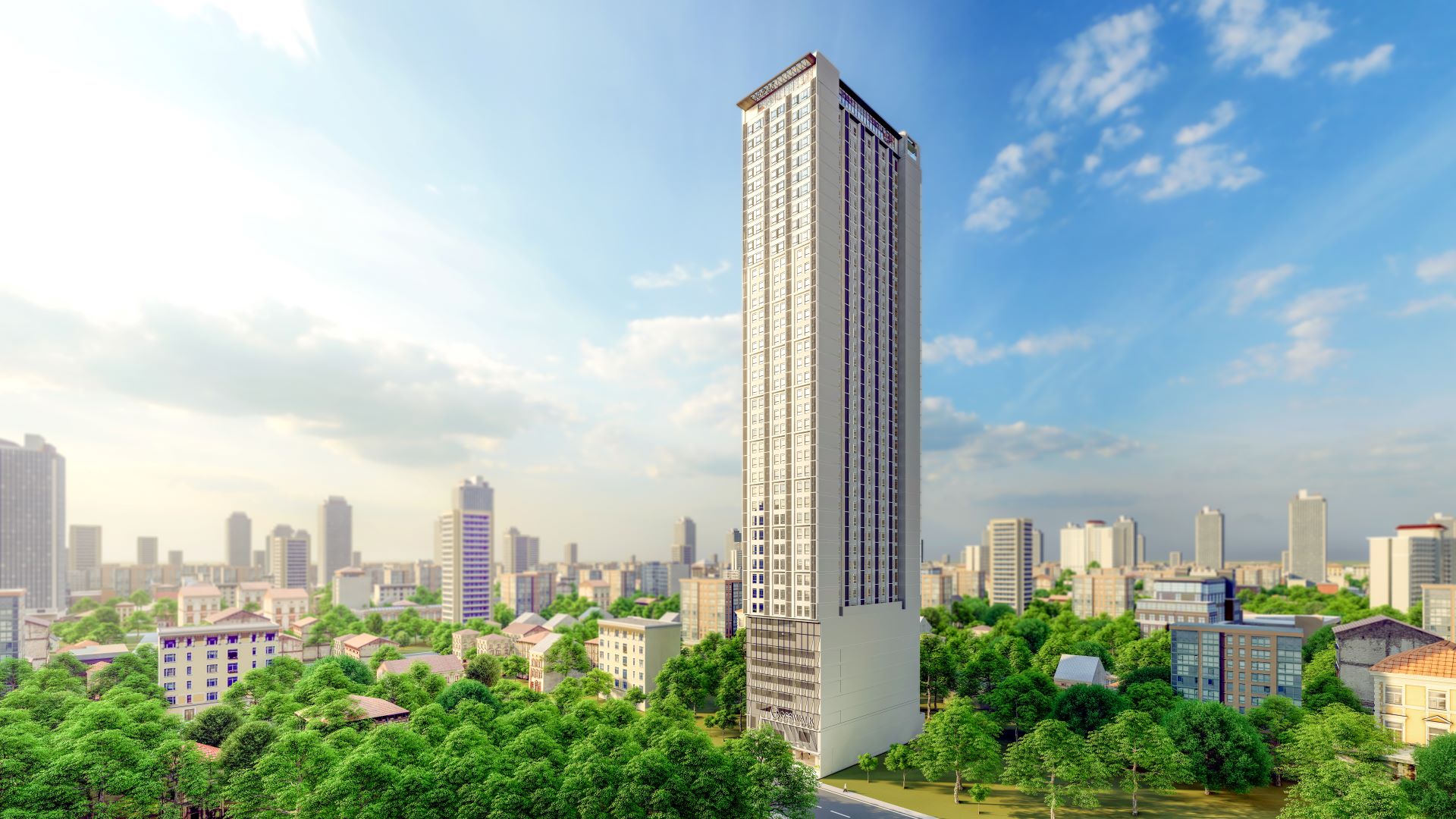Upholding the National Migrant Workers Day
Each year, on June 7th, the Philippines celebrates National Migrant Workers Day, a tribute to the extraordinary contributions of Overseas Filipino Workers (OFWs) to the nation's economy and their host countries.
This day not only honors the hard work and sacrifices of these individuals but also raises awareness about their rights and welfare under the Migrant Workers Act. Their stories, often marked by sacrifice and perseverance, underscore the complex realities of migration and the ongoing need to protect their rights and ensure their welfare.
The Global Footprint of Filipino Workers
For generations, millions of Filipinos have embarked on journeys to various countries in search of better economic opportunities, driven by an unwavering commitment to support their families back home. These international migrants have become the backbone of numerous industries worldwide, filling critical labor gaps and contributing significantly to the economies of their host nations.
From healthcare and domestic work to engineering and maritime industries, overseas Filipino workers have consistently demonstrated their skills, dedication, and adaptability. Their remittances have not only provided crucial financial support to countless Filipino households but have also played a pivotal role in the economic development of the Philippines, fueling consumption and investment.
Beyond their economic impact, OFWs serve as cultural ambassadors, enriching their host communities with their vibrant traditions, values, and work ethic. They build bridges between cultures, fostering understanding and goodwill across borders.
Their presence in diverse workplaces and societies highlights the interconnectedness of our globalized world and the invaluable human capital that international migrants bring.
Challenges and Concerns
Despite their significant contributions, overseas Filipino workers often face numerous challenges. They encounter language barriers, cultural adjustments, and, at times, unfavorable working conditions. The protection of their rights and welfare is a primary concern, with the government continuously striving to address these issues through various laws and services.
The Migrant Workers Act serves as a cornerstone in safeguarding the welfare of Filipino workers abroad. This law outlines the responsibilities of the government in ensuring the safety and protection of OFWs, emphasizing the need for justice and equality in the treatment of migrant workers.
The Migrant Workers Act
The Philippine government recognizes the immense contributions of its overseas Filipino workers and has established a legal framework aimed at safeguarding their rights and welfare. The Migrant Workers Act, officially known as Republic Act No. 8042 as amended, stands as a cornerstone of this protection.
This landmark law outlines the policies and procedures for the recruitment, deployment, and repatriation of Filipino workers abroad. It also establishes mechanisms for addressing grievances, providing legal assistance, and ensuring access to essential services.
The Migrant Workers Act mandates the creation of various government agencies and programs dedicated to overseas employment, including the Philippine Overseas Employment Administration (POEA) and the Overseas Workers Welfare Administration (OWWA). These entities play crucial roles in regulating recruitment agencies, providing pre-departure orientation seminars, offering welfare assistance to OFWs and their families, and facilitating reintegration programs for returning workers.
The Department of Migrant Workers, a more recent government body, further consolidates efforts to address the multifaceted needs of Filipinos working overseas, streamlining services and enhancing protection mechanisms.
However, the evolving landscape of global labor migration necessitates continuous review and strengthening of existing laws and policies. Ensuring effective implementation and addressing emerging concerns, such as illegal recruitment, human trafficking, and exploitative labor practices remain critical challenges for the government.
Strengthening Support Systems and Ensuring Welfare
Ensuring the welfare of overseas Filipino workers requires a comprehensive and multi-faceted approach. This includes providing adequate pre-departure training that equips them with the necessary skills, knowledge of their rights, and cultural awareness. Access to timely and efficient consular services in their host countries is also paramount, particularly in times of crisis or when facing legal issues.
The role of OWWA in providing welfare assistance, including medical care, counseling, and repatriation assistance, is essential. Furthermore, reintegration programs that facilitate the smooth return of OFWs to their home communities, offering livelihood opportunities and psychosocial support, are crucial for their long-term well-being and the sustainable development of the nation.
The Department of Migrant Workers plays a pivotal role in coordinating these various services and ensuring a more holistic and responsive approach to the needs of OFWs and their families. Strengthening partnerships with host governments to establish bilateral agreements that guarantee fair labor practices and protect the rights of Filipino workers is also of paramount importance.
Celebrating Success and Calling for Justice
National Migrant Workers Day is not only a celebration of the success and resilience of Filipino workers worldwide but also a call to action for improved policies and better protection of their rights. It is a reminder to the world of the indispensable role that migrant workers play in the global economy, advocating for fair treatment and justice for all.
As the Philippines continues to navigate the complexities of international labor migration, it is crucial to remember that OFWs are not merely economic contributors; they are individuals with dreams, aspirations, and families who deserve to be treated with dignity and respect.
By strengthening legal frameworks, enhancing support services, and fostering greater international cooperation, the government and the entire nation can work towards a future where Filipino workers abroad are truly protected, valued, and empowered.
This June, as the nation observes National Migrant Workers Day, the focus remains steadfast on ensuring a brighter and more just future for the millions of overseas Filipino workers who have shaped the Philippines and continue to contribute to the progress of the world.










